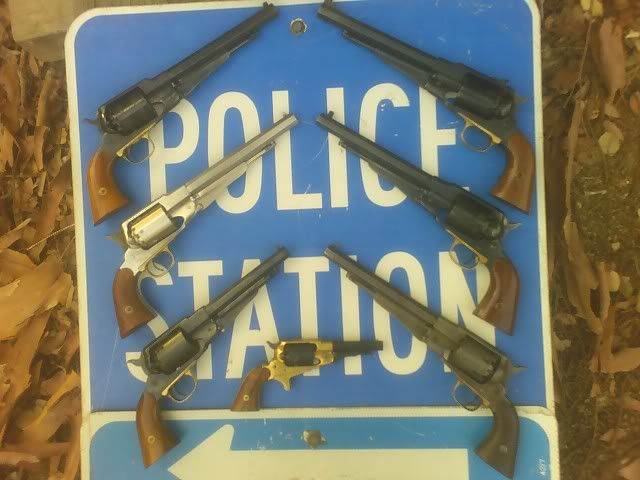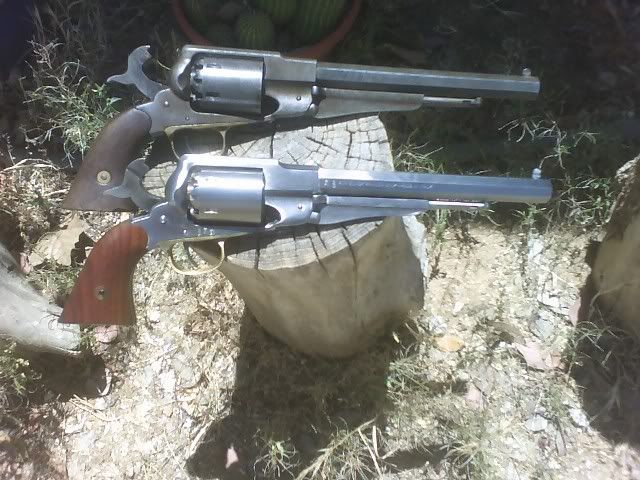hey all! im new to black powder and have no real experience otherwise...but i have a few questions regarding what kind of gun i should buy and start out with....
i have heard that the remington 1885 new army is a good beginner model but i have been hoping to get a colt walker,dragoon,army,or even possibly a navy...are thease guns bad for beginners in some way...i have a neibor who says that i should get the remington over and over again when i mention colts...but i would like to know if there is anything potentially "wrong" with colts and beginners
also,i would also like to ask about flintlock rifels and what ones may be a good investment...as i do plan to eventually use black powder for hunting and i have heard about a "primitive weapon" season
thanks
signed,?_?_?
i have heard that the remington 1885 new army is a good beginner model but i have been hoping to get a colt walker,dragoon,army,or even possibly a navy...are thease guns bad for beginners in some way...i have a neibor who says that i should get the remington over and over again when i mention colts...but i would like to know if there is anything potentially "wrong" with colts and beginners
also,i would also like to ask about flintlock rifels and what ones may be a good investment...as i do plan to eventually use black powder for hunting and i have heard about a "primitive weapon" season
thanks
signed,?_?_?


